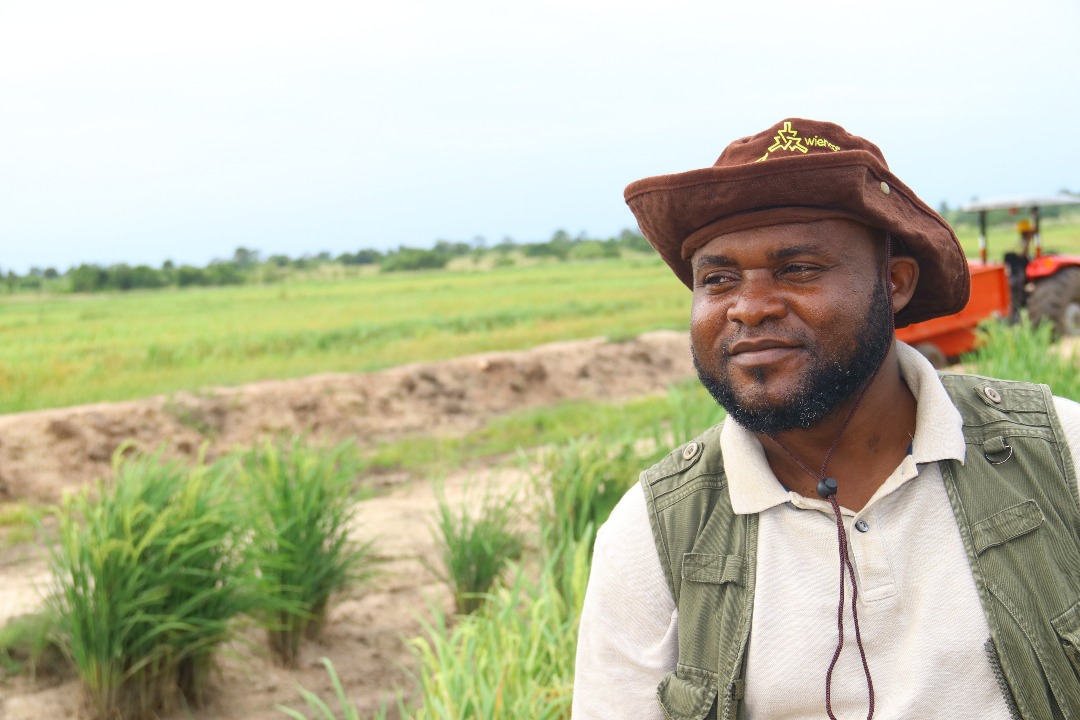Copyright newsday

BAVINA SOOKDEO Consultant urologist Dr Vimal Seetahal is calling on men to pay closer attention to a condition that affects nearly all of them with age – benign prostatic hyperplasia (BPH). Emphasising that its incidence approaches 100 per cent at 90 years old, Seetahal explained that as its name implies, BPH is a benign (non-cancerous) where the prostate gland enlarges and can press on the urethra. “It causes lower urinary tract symptoms compared to prostate cancer which will be asymptomatic at its early period and then may be life threatening in the more advanced stages,” he said. Seetahal, who works at Arima General Hospital, St Augustine Private Hospital and Valley Medical Centre, added that the youngest case he has encountered was in a patient in his early 40s, noting that “as we age, men will suffer from benign prostatic obstruction in increasing incidence.” In addition to frequent urination, other common symptoms include urgency, nocturia, weak stream, intermittency of stream, straining and incomplete emptying of bladder. Although so common, according to Seetahal, benign prostatic hyperplasia often doesn’t receive the same level of attention as prostate cancer largely because of cultural attitudes toward men’s health in the Caribbean. “Caribbean cultural norms and relationship to healthcare affects the number of men seeking help for this condition,” he explained. “It is often considered a normal part of ageing to have some lower urinary tract symptoms, but these issues may actually be related to benign prostatic hyperplasia – which is a fully treatable condition.” He cautioned that while many men tend to dismiss early symptoms, the condition can worsen over time. “It is important to note that the severity of the disease worsens with ageing and as such, early treatment options may not be as effective in more advanced disease,” Seetahal noted. Risk factors Questioned on risk factors, Seetahal said that age, genetics and race are among the non-modifiable factors associated with BPH. However, lifestyle choices also play a major role. “Metabolic syndrome, obesity and diets high in red meat but low in vegetables and soy-based products have all been shown to increase the risk of benign prostatic hyperplasia,” he pointed out. When it comes to genetics, the doctor noted that, “Men of African and Middle Eastern descent have an increased risk of BPH,” he said, “and while no single gene has been determined for it, genetic factors are suspected.” Diagnosis and treatment Diagnosis typically involves an ultrasound or CT scan and sometimes a PSA (prostate-specific antigen) blood test to screen for prostate cancer. Treatment for benign prostatic hyperplasia depends on its severity. “BPH treatments vary from medical care which involves tablets to relax the muscles in the prostate and to shrink it,” said Seetahal. “Surgical options can be classified into endoscopic (no incision) and open surgery to remove the prostate. Typically, the open procedure is only for extremely large prostates.” But are there new or less invasive treatments now available in Trinidad and Tobago. The doctor highlighted the laser prostatectomy as a new option for larger prostates that would have traditionally had to undergo open surgery. “This involves a camera placed in the urethra and the part of the prostate that is blocking the urinary tract is removed” he stated. However, recurrence is possible. “As previously stated, the disease is one of ageing. The surgery only removes the obstructing portion of the prostate and as such, it will invariably regrow.” For early-stage BPH, Seetahal noted that lifestyle changes such as reducing alcohol and caffeine intake, exercising and using natural remedies like saw palmetto can help decrease symptoms. Cultural hesitation Addressing the cultural hesitation many men in TT feel toward prostate exams, Seetahal said he understands the discomfort and stigma that often prevent men from seeking care. However, he was quick to reassure that modern screening has become far less invasive. “I am heartened to say the digital rectal examination is no longer a requisite for prostate cancer screening,” he explained. “Men simply need to do their PSA testing, which is available in all health centres.” As for how families can help, Seetahal acknowledged that “it’s cultural to fear medical doctors in the Caribbean.” He advised that rather than pressuring men to see a doctor, relatives should gently highlight how severe their symptoms are becoming. “The men will decide to come on their own accord,” he added. Asked if he thinks routine screening should start earlier in this region, given local statistics and risk factors, the doctor noted that screening for BPH symptoms would be a colossal undertaking. “An easier way would be through population education and highlighting the need to be seen before inability to pass urine and a catheter is needed,” he said. Seetahal acknowledged that managing BPH within TT's public healthcare system presents several challenges, particularly because the condition often affects “a cohort of the population that typically does not complain.” He explained that while “medication and some surgical options are available and with more exposure more may become available, the issue is also economic with laser systems coming at a very high cost.” Asked what message he would like to send out to men as we observe Men’s Health Awareness Month, Seetahal said, “One key message: no more rectal examination. Go see your doctor regarding your prostate.” He emphasised that men’s attitudes toward BPH often reflect resignation rather than action. “Men’s attitude to BPH is defeatist and thought to be and accoutrement to age. This doesn’t have to be the outcome,” he stressed. Calling for a shift in perspective, Seetahal added, “As men, we have raised families, worked back breaking hours to provide and we don’t approach our health with the same zeal as our fairer sex. There must be a paradigm shift to encourage us to seek assessment at earlier stages.”



